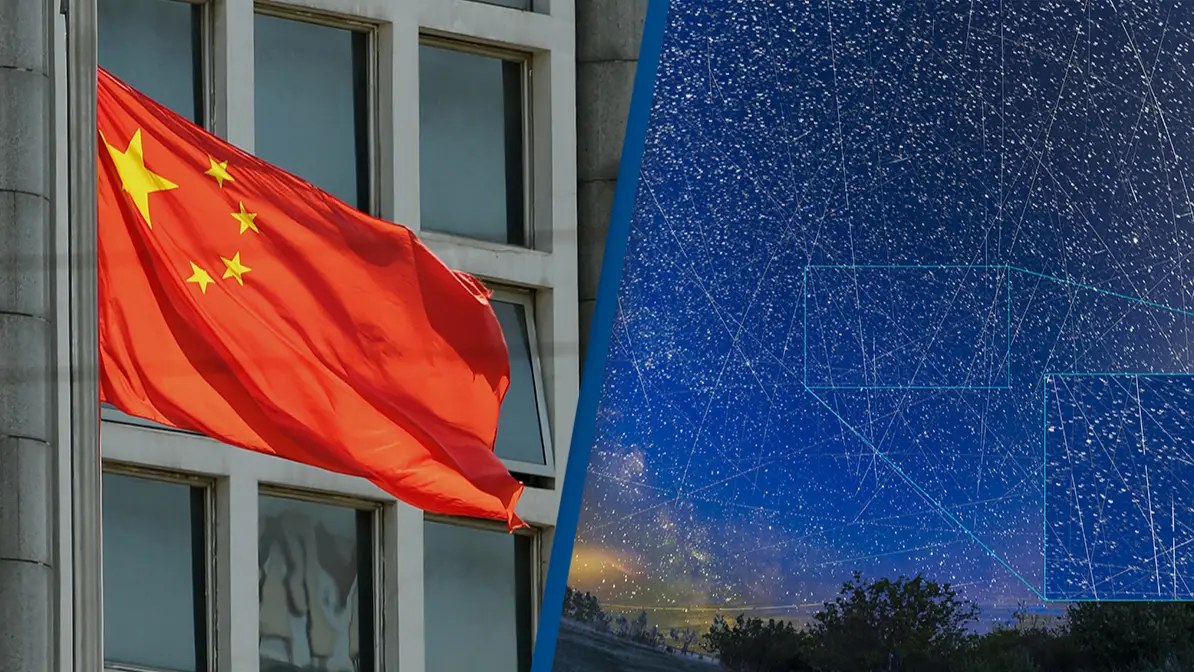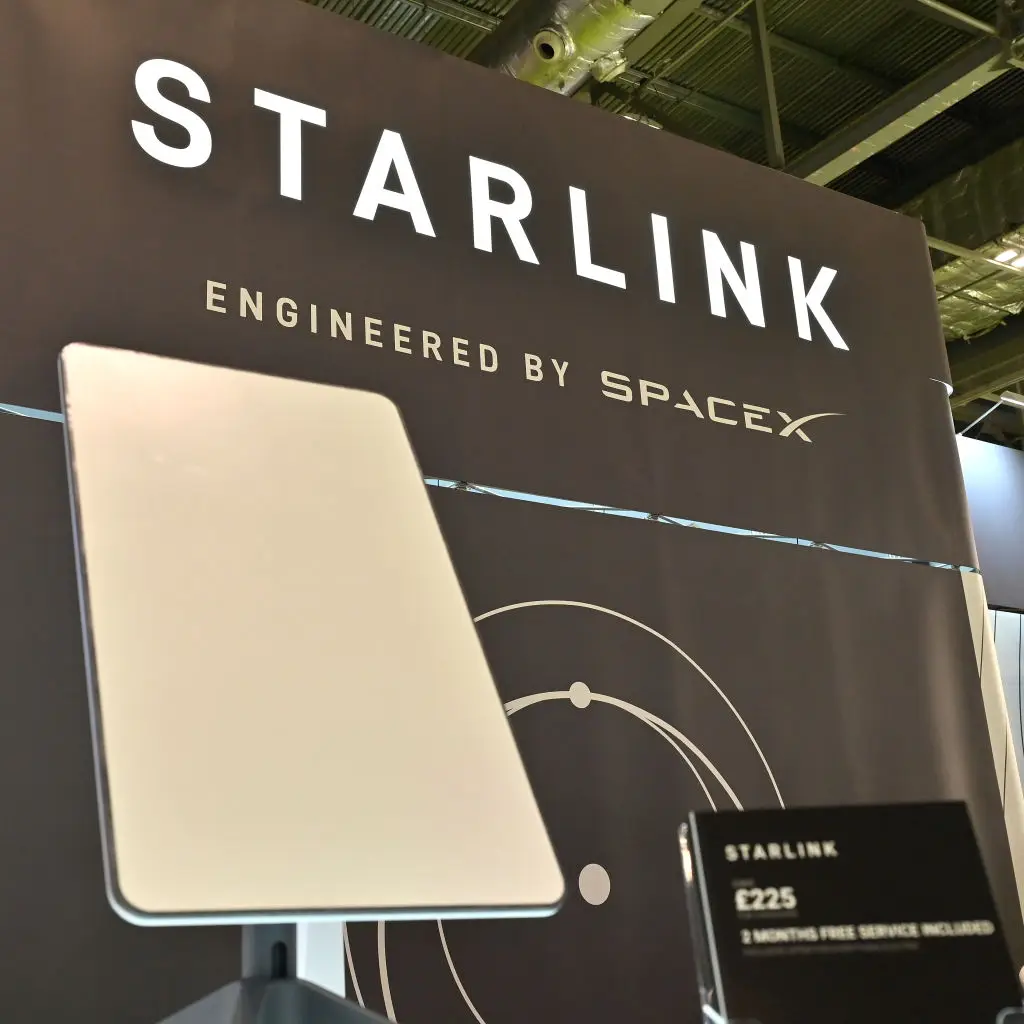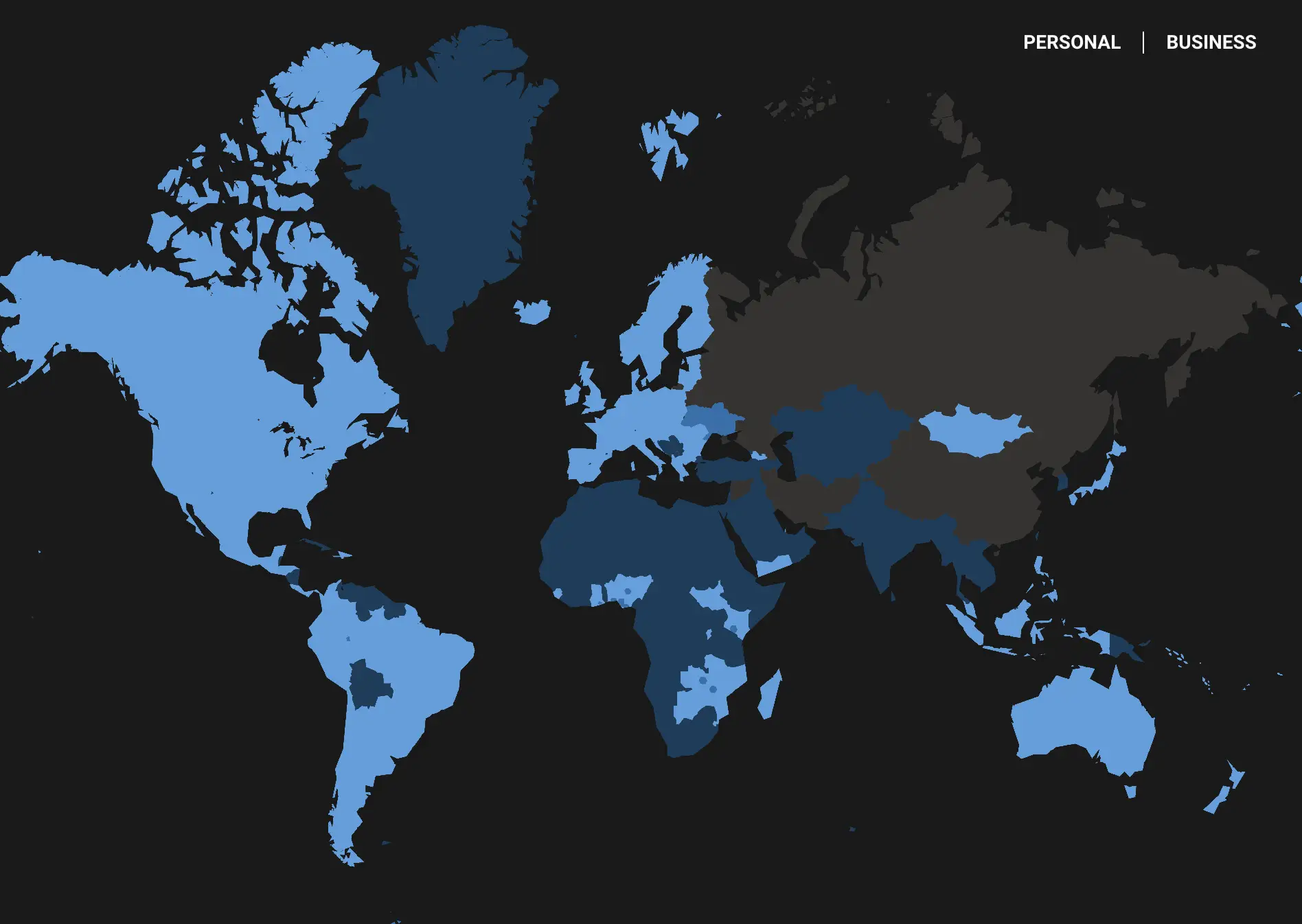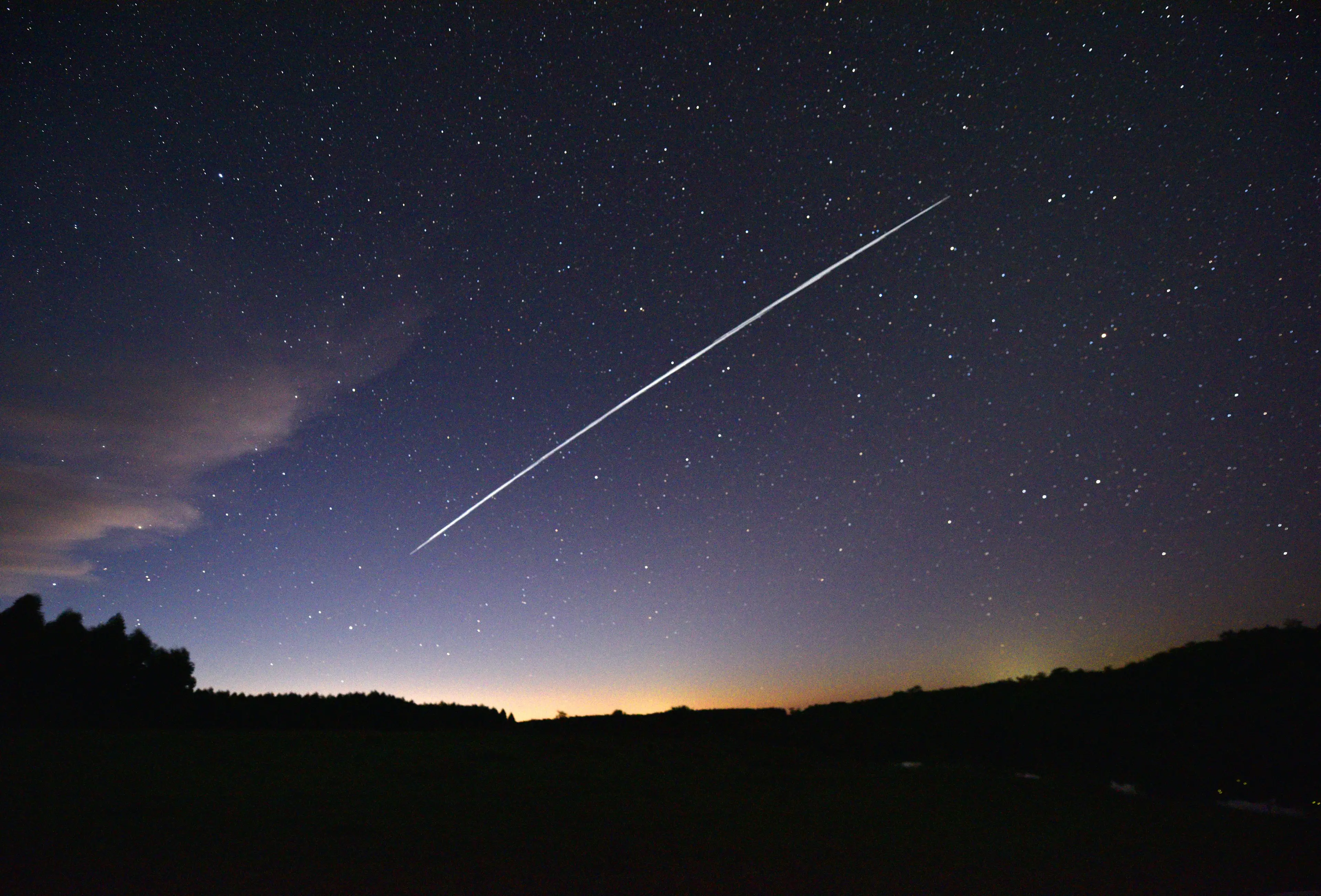
China is launching its own satellite 'megaconstellation', which is set to rival Elon Musk's Starlink.
Despite our modern-day technology, will still sometimes have to deal with slow internet connection. First-world problems, I know...
Musk's SpaceX was the first space tech company to launch low Earth orbit (LEO) satellites in an attempt to solve this problem.
A handful of Starlink satellites were first launched in 2019, positioned just 340 miles above our planet's surface level. In comparison, geostationary satellites favored by traditional internet providers are only operational at an altitude of around 22,236 miles.
Advert

That's a staggering difference, and its LEO's proximity to Earth that gives us more reliable network coverage.
It allows Starlink to improve internet speed and reduce latency levels, while covering larger areas.
Now, China are launching their own so-called megaconstellations, with Shanghai Spacecom Satellite Technology (SSST) raising $943 million (6.7 billion yuan) for a new initiative.
The satellite project in question is dubbed G60 and, like Starlink, uses LEO to beam data back down to us.
Some 12,000 satellites were projected to be launched in 2024, with a total of 12,000 set to be live in total.

Meanwhile, satellite network group China SatNet is also reportedly set to launch its own system, called Guowang, meaning 'national network.'
Like G60 and Starlink, it aims to provide global broadband internet coverage and support the country’s growing digital economy.
If they really do want to rival Musk, though, then they're a bit behind.
Starlink already has more than 6,000 satellites in orbit, serving some four million customers across the globe.
There are currently more than 6,000 of their satellites in orbit, accessible in 100 different countries. And SpaceX plans to launch as many as 42,000 Starlinks in the future.
Although China's new projects can most definitely plug a gap in Starlink's coverage.

Starlink has no operating licence in China, while a number of other countries - like South Africa, Cameroon, and Brazil - has moved to block the service provider.
Last month, Chinese state media said SpaceSail, the company behind the G60 constellation, agreed with Brazilian state-owned group Telebrás to provide satellite communications and broadband internet services over the country.
As the technology battle between the US and China expands, so too do tensions surrounding trade materials.
China just cost the US $34 million a decade after banning rare earth minerals used in EV batteries last month. The shipping of gallium, germanium, antimony and superhard materials will be stopped.